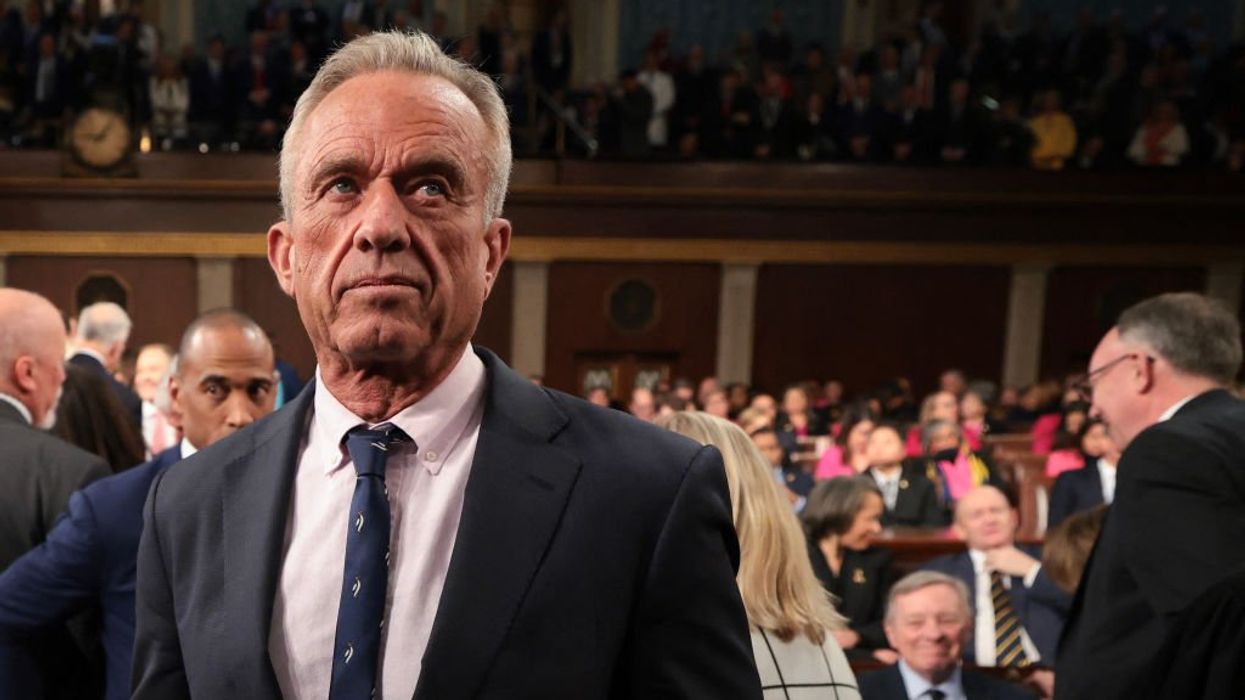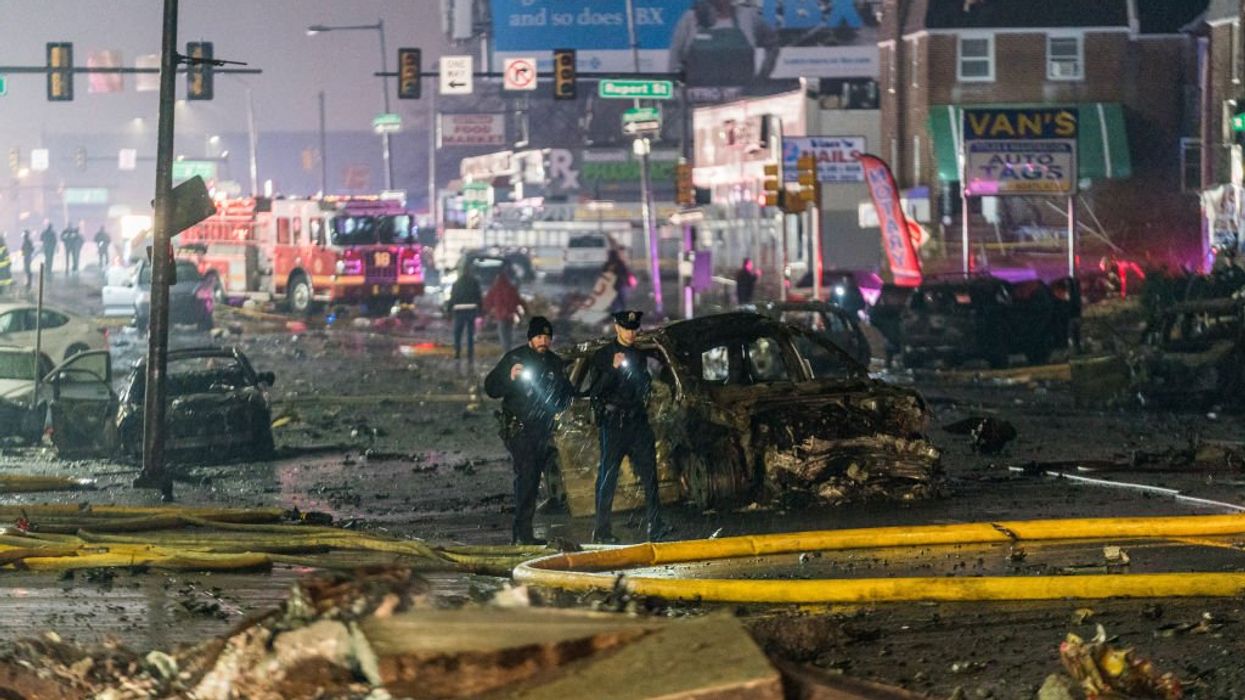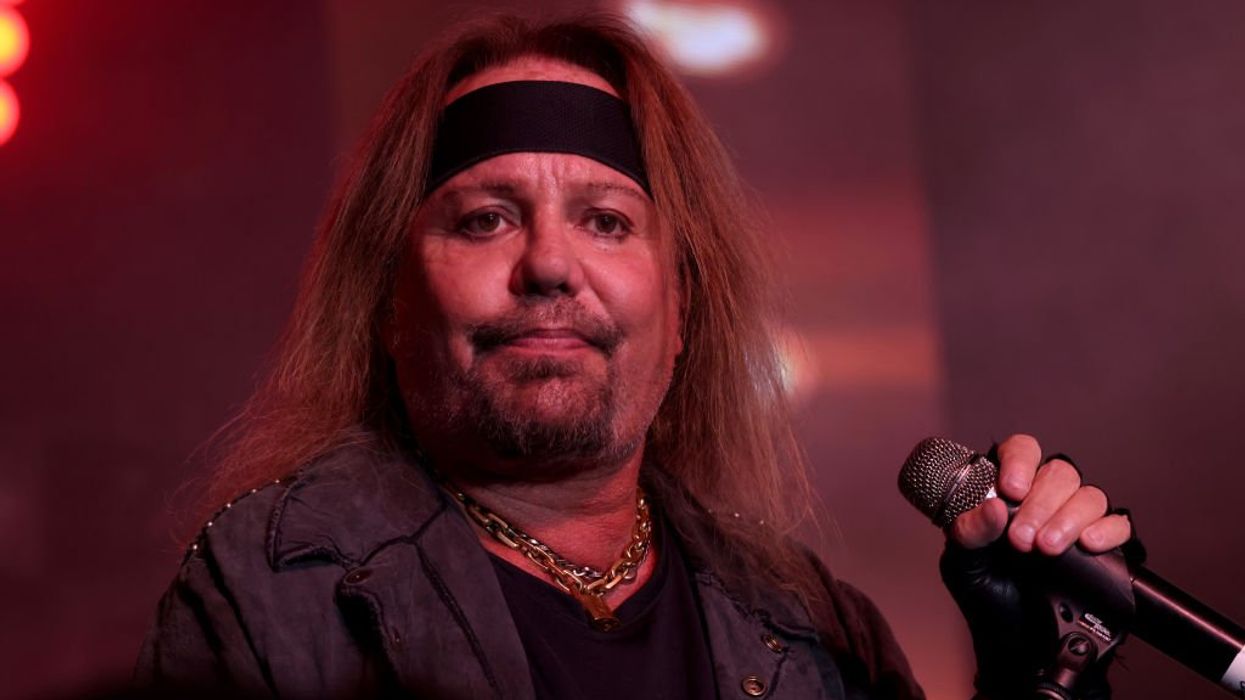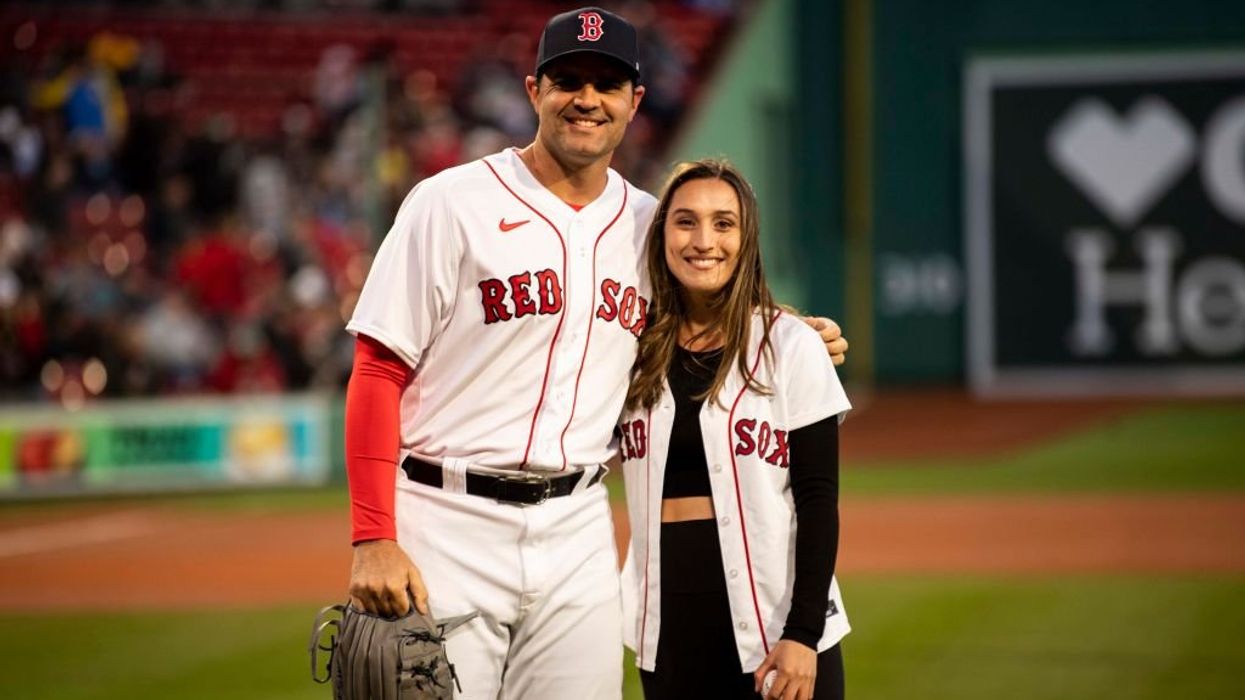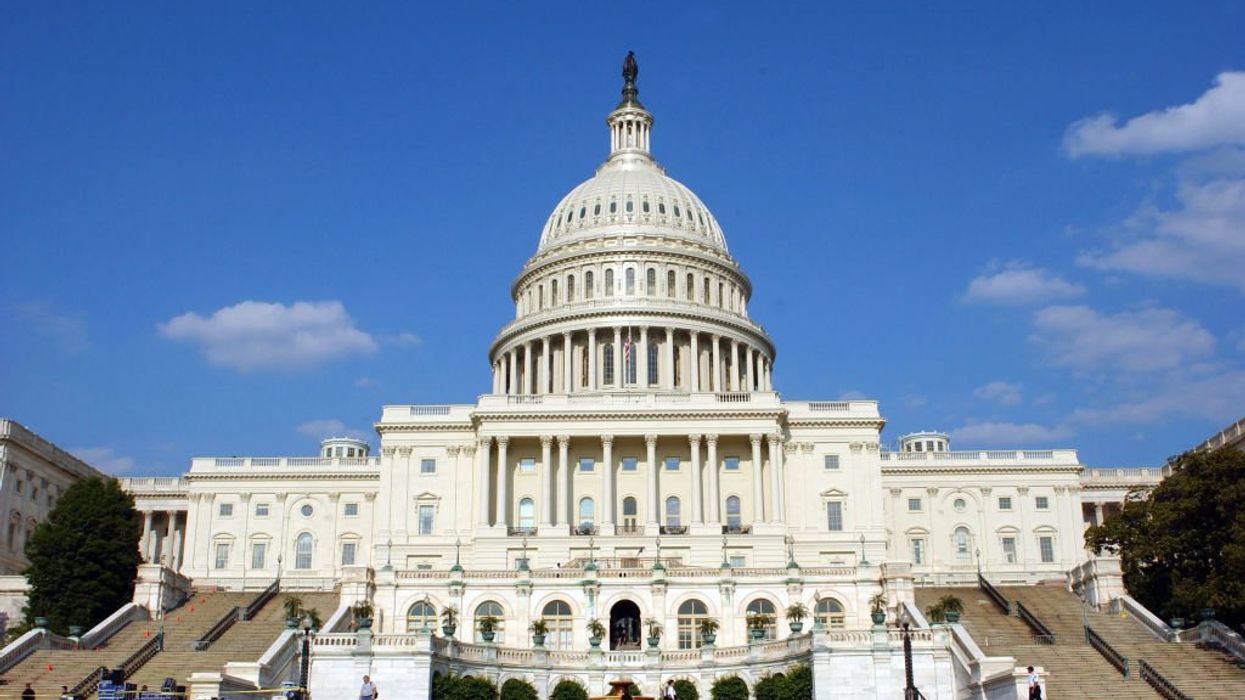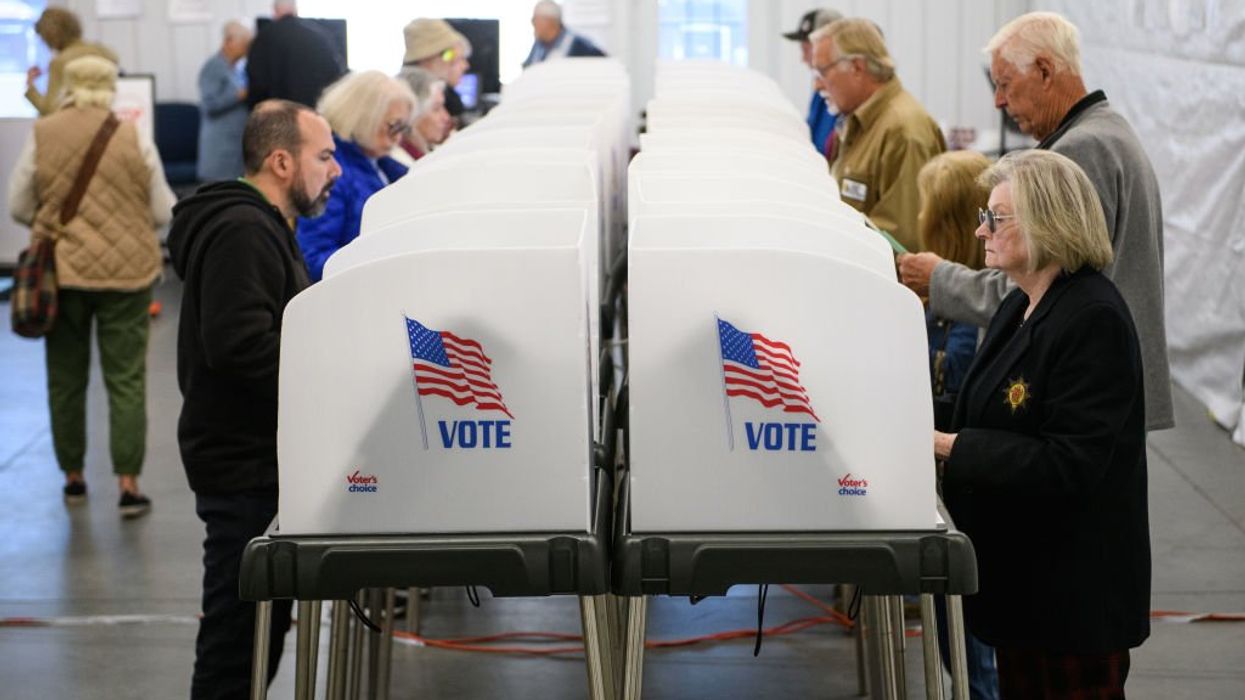The tragic shooting in Las Vegas that killed 58 people and injured hundreds was followed by the usual finger-pointing in Washington. Politicians huddle in their respective corners, as Democrats demand action on gun control and Republicans point to the Second Amendment. Both sides accuse the other of politicizing a tragedy, of dishonoring the victims and of failing to keep Americans safe.
While the routine remains the same, folks on the left have increasingly pushed to call tragedies such as Dylan Roof’s shooting and abortion clinic shootings “terrorism,” even while the suspects are not affiliated with a terrorist group such as the Islamic State. This irony is not lost on those on the right, who berated President Obama for saying that ISIS represented “violent extremism” instead of the right’s preferred terminology “radical Islamic terrorism.” It almost seems humorous that, for years, ISIS was considered a mere “extremist group” by people on the same side of the political aisle as those now referring to the National Rifle Association as a terrorist organization.
Gun control advocates have attacked the entity that they believe has prevented stricter gun laws.
Rather than only recycling the regular talking points following a shooting---that is, demanding more gun control immediately---gun control advocates have attacked the entity that they believe has prevented stricter gun laws: the National Rifle Association. Labeling the NRA as a terrorist group and implying that its supporters are somehow terrorists would be laughable if its implications weren’t so immense.
As Rep. Jim Himes, a Democrat representing Connecticut’s Fourth district, noted on Twitter, “Now we're obsessing over whether the NV carnage was "terrorism". If we decide it is, we'll mobilize untold resources. If not, nothing.”
Now we're obsessing over whether the NV carnage was "terrorism". If we decide it is, we'll mobilize untold resources. If not, nothing.
— Jim Himes (@jahimes) October 2, 2017
Himes, whose district contains Sandy Hook Elementary School, is correct. Labeling an act, a group, or an individual with the label “terrorism” triggers more government action, surveillance and suppression.
Though it’s unlikely that the NRA and its members will ever be formally labeled as a terrorist group, labeling every mass shooter as a “domestic terrorist” will give government agencies more power to put more people under surveillance. The media has honed in on the fact that the Las Vegas shooter had 23 guns in his hotel room. People are asking themselves, why would a normal person need so many guns? Why shouldn’t the government investigate people who own a lot of guns, or make large firearm purchases?
Calling every domestic shooter a terrorist will not prevent mass shootings.
The simple answer is that government agencies will end up monitoring many innocent people without preventing any tragedies. Recreational hunters and gun aficionados are not terrorists. The desire to buy and own guns does not make a person a psychopath or a murderer. The desire to use weapons to harm and kill other people makes a person a murderer or a psychopath. Labeling the Las Vegas shooter as a terrorist when the only thing that we know for sure about him was that he owned a lot of guns does not make sense. As far as we know, he hadn’t pledged his support to a recognized terrorist group like ISIS or even any domestic white supremacist group. He doesn’t appear to have been a religious man or an ideological one. Authorities are still searching for his motive.
Calling every domestic shooter a terrorist will not prevent mass shootings. It will only give government agencies more latitude to monitor non-violent individuals and political groups. If the Las Vegas shooting was classified as “terrorism,” the Justice Department would have broad authority to investigate any people or groups associated with the suspect.
Given that the PATRIOT Act allows the FBI to obtain phone records, bank records, and computer records without a judge’s approval, the feds could legally monitor people without a criminal record simply because they live an odd lifestyle or own loads of hunting rifles. Or the government could begin to watch high-stakes gamblers more closely, simply because the Las Vegas shooter was a gambler. Surveillance of these groups could extend to any controversial political group, such as Black Lives Matter, which critics claim fomented the killing of five Dallas police officers last year. The government could monitor pro-life groups or Christian groups on the basis of abortion clinic shootings.
Expanding the definition of terrorism will only impede on the civil liberties of ordinary people.
The FBI already has abused the surveillance powers it has to monitor domestic groups, demonstrating that it does not have the self-restraint to only investigate violent activities. The FBI monitored Martin Luther King Jr., an avowed pacifist during the Civil Rights movement. More recently, the FBI has investigated anti-war activists and environmental groups such as Greenpeace. The FBI will take a mile when given a mere inch to investigate any group even remotely linked to violence in the United States.
Expanding the definition of terrorism will only impede on the civil liberties of ordinary people trying to live their lives. Using “terrorism” as a fast-and-loose term for any form of violence not only blurs the distinction between domestic ideologues and foreign terrorist groups, but also grants government bureaucrats increased latitude to negatively impact the lives of law-abiding citizens.
Amelia Irvine is a Young Voices Advocate studying government and economics at Georgetown University. You can follow her on Twitter at @ameliairvine3.



